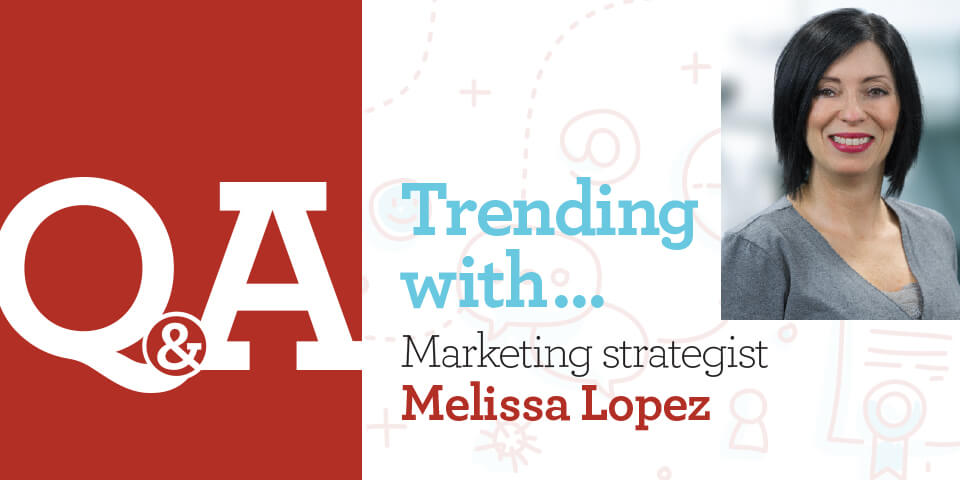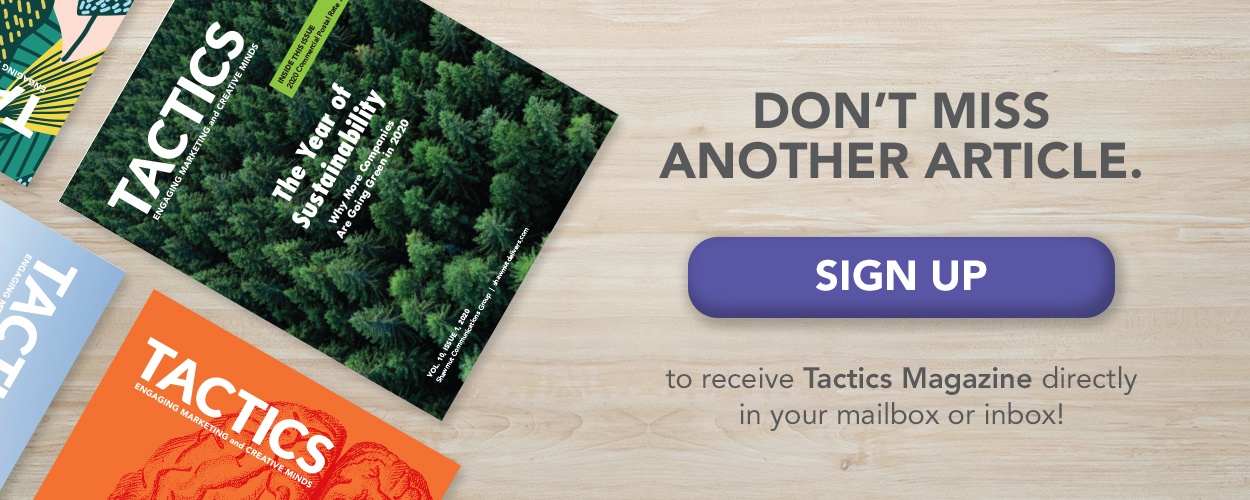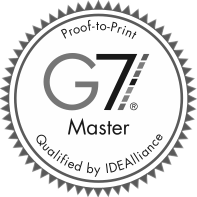Marketing Strategist, Maria Lopez of MarketSource, provides her thoughts on key marketing strategies for 2017 including the skills you need on your team and the continued importance of buyer personas, customer engagement, and content marketing.
Design. Development. Execution. Ask Melissa Lopez, and these are what she calls the tenets of success for every brand and marketing campaign. After nearly two decades of honing her craft, Lopez currently serves as director of marketing and sales services at MarketSource, which uses a proprietary process to bring technology and training together for business-changing results. As the marketing leader for MarketSource, she is responsible for developing and delivering consistent brand and marketing strategies through all internal and external messaging and brand touchpoints, with a focus on expanding brand awareness.
In our recent issue of Tactics magazine, Melissa provided a glimpse into what marketers can expect in 2017:
What tools should every marketer have in her toolkit?
As a B2B marketer, I think you have to have a strong integrated marketing team that covers the disciplines of digital marketing for B2B—marketing and brand strategy, demand generation, content generation, website, social, sales support, research, and analytics. And you have to have tools for CRM, content management, marketing automation, predictive analytics, web analytics and social listening.
Define the importance of customer engagement in today's marketing strategy.
Having a deep understanding of your buyer personas and the decisions they make during their purchasing journey is essential to timely and proper customer engagement. If you engage too early, you will cause a prospect to exit the conversation. If you engage too late, well, the result is lost sales.
Why are some companies missing this opportunity?
It takes a while to develop a deep understanding of buyers and sometimes the costs associated with building the personas is too high. The interviews can take a long time, and the customers don’t always feel comfortable revealing all the information needed to build the deep analysis. This is an investment that all marketing and sales teams should make in order to produce relevant and compelling content that buyers want to receive and engage with at the time they need and, most importantly, want it most. And, if you focus too much on preserving relationships, you avoid tough conversations, don’t get results and end up hurting business relationships anyway.
What advice can you give for marketing without major resources?
Alignment and communication is key. Being very clear on roles and keeping priorities aligned to corporate objectives is essential to driving success even without major resources. Creativity plays a major role in learning how to navigate. Writing a great business case that aligns to corporate strategy and drives business also helps fund projects that are not within scope or budget.
What are the essential characteristics driving today's marketing strategies?
Have successful alignment between sales and marketing with shared priorities: agree to communication frequency, pipeline measurement, lead quality over quantity and data enrichment to drive successful prospecting. A clean database is a must. You must also adopt common measurements and definitions, and learn from the data. Use win/loss analysis to drive changes in positioning statements as buyer’s/persona’s needs shift. Conduct periodic reviews of processes like lead scoring and routing.
What three marketing activities do you expect to have the biggest impact in 2017?
Content marketing is still a big deal. Buyers will continue to get savvier and demand that marketers meet them on their terms. We must continue to produce relevant and timely content. The second is predictive analytics. Learning to use this will make us better, so we can move from broad-based predictive modeling to serving up a personalized experience to drive better customer engagement. No. 3 is demand generation. According to Sirius Decisions/Inc., with sales and marketing alignment, shared accountability and discipline to processes, you can achieve 24 percent faster revenue growth and 27 percent faster profit over a three-year period.
We must continue to produce content that delivers relevant and timely information when the buyer wants to get it and in the form they will want to view it.
This article first appeared in Tactics Magazine, Volume 6, Issue 6.

